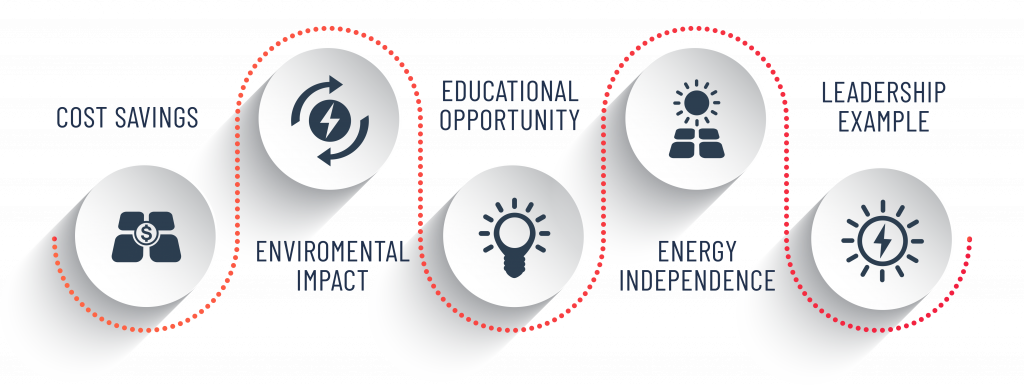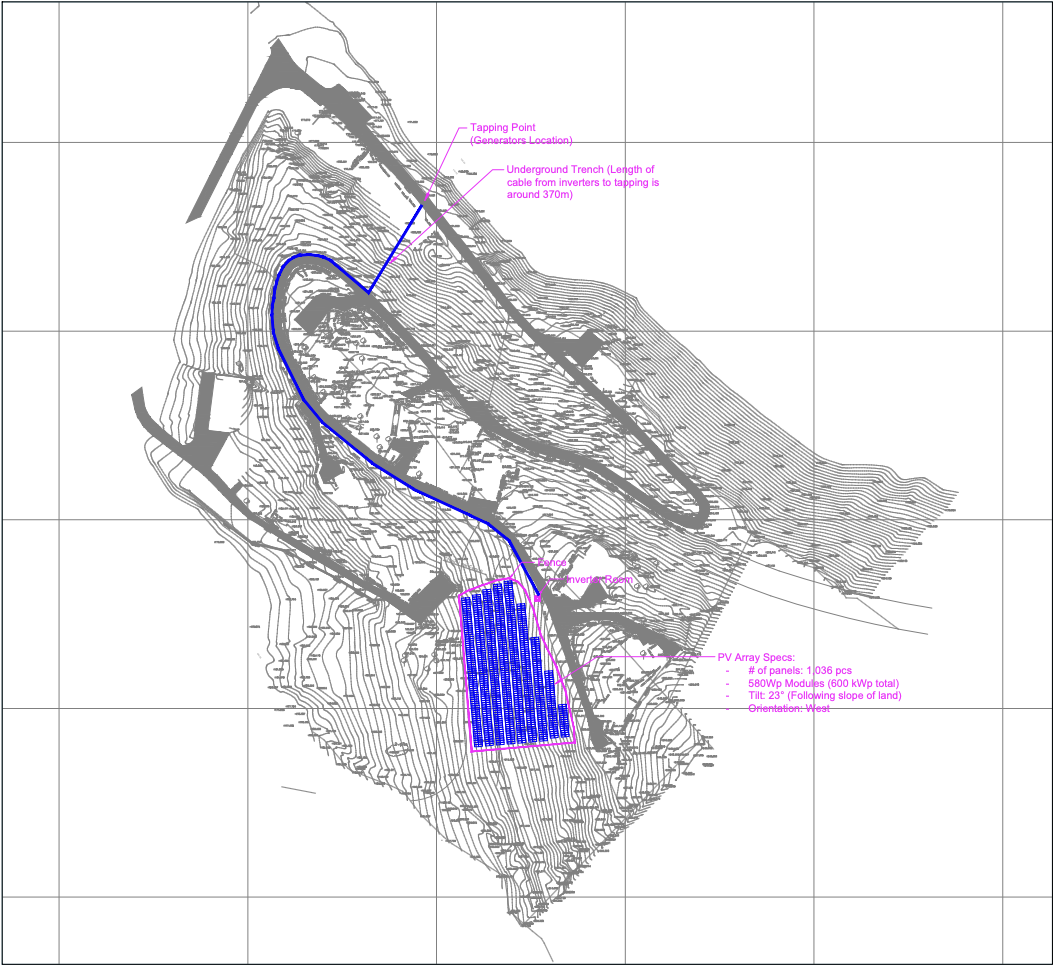THE 1ST UNIVERSITY IN LEBANON TO DEPEND 100% FROM SOLAR ENERGY
PROBLEMS
Economic Crisis
- Lebanon has been in crisis for over two decades now and the situation is getting worse by the day, mired in financial and political crisis that the World Bank has described as one of the three worst economic disasters since the mid-19th century.
- Its GDP per capita has contracted by around 40%, and more than 50% of the population has likely slipped under the poverty line.
- The country’s currency has been in freefall since a popular uprising against Lebanon’s ruling elite gripped the country in October 2019 and has lost more than 95% of its value in less than three years.
Electricity Shortage
- There is currently an energy and electricity problem in Lebanon. The country has been facing frequent power cuts, electricity shortages, and blackouts for many years.
- The electricity crisis is caused by a combination of factors such as inefficient and outdated power plants, limited investment in the energy sector, political instability, and corruption.
- Lebanon relies heavily on expensive fuel oil to generate electricity, which has led to a significant financial burden on the government and contributed to the country’s debt crisis.
- The energy crisis in Lebanon has also led to increased reliance on backup generators, which are costly to run and emit harmful pollutants that contribute to air pollution and respiratory problems.
MEU Energy Supply
- Before the electricity crisis MEU was receiving 50% of its energy needs from the government and depending 50% on its diesel generator. Now, the government is providing 10% and therefore MEU is relying 90% on its generator for its 450,000 kw yearly consumption.
- The heavier reliance on the generator results in higher energy cost, faster deterioration of the generator, and higher air and sound pollution.
BEFORE CRISIS
AFTER CRISIS
SOLUTION
- MEU plans to install a solar panel system to provide sustainable and renewable energy to its campus.
- A solar system can significantly reduce the university’s electricity bills, as it generates electricity from sunlight which is free and abundant in Lebanon. This can help the university save money on its energy costs and allocate more funds to other important areas.
- By installing a solar panel system, the university can reduce its carbon footprint and contribute to a cleaner and healthier environment.
- A unique opportunity for students to learn about renewable energy and sustainability.
- MEU can become more self-sufficient and less reliant on the national power grid, ensuring a more reliable source of energy.
- The university can demonstrate its commitment to sustainability and inspire others to do the same. This can help raise awareness and encourage more individuals and organizations to transition to renewable energy sources.

SOLAR PANEL SYSTEM
- Total Number of panels: 1,036 pcs.
- Total Number of inverters: 4x125kVA
- Total Energy battery storage: 1×405 kWh

-
Expected to generate:
-
Peak Power Capacity: 600.9 kWp
-
Annual Production: 853.4 MWh
-
Yield: 1,420.3 kWh/kWp
-
Energy Storage: 405 kWh
-
PCS: 150 kVA

PROJECT INVESTMENT
| Item | Basic Description | Qty |
|---|---|---|
| PV Panels |
580Wp Mono Crystalline – Half Cut technology – N-type |
1,036 |
| On Grid Inverter |
Three phase – 125 kVA |
4 |
| BESS |
405kWh with 150kW W PCS |
LS |
| EMS |
Fuel Save Controller |
LS |
| Mounting Structure |
Ground Mount Steel Structure with concrete footings |
LS |
| Civil Works |
|
LS |
| Electrical Components |
|
LS |
| Installation |
|
LS |
| Engineering Services |
|
LS |
| Total Value | $870,957.0 | |
| 11% VAT | $95,805.0 | |
| Total Solar Power | 600.9 kWP | |
| $/Wp | 1.45 $/Wp |
FINANCIAL PROJECTIONS
| Investment: Solar Panel System (Project + VAT) | $966,762.0 |
| Return (Yearly) | $207,800 |
| Cost Savings* | $210,000 |
| Additional Expenses | $(2,200) |
| ROI | 21.5% |
| Payback Period (years) | 4.65 |
| Current MWh consumption (Yearly) | 500 |
| Cost per MWh | $420.0 |
| *Total Energy Cost Yearly | $210,000 |
| Solar Panel MWh production capacity (Yearly) | 853.4 |
| Surplus capacity | 41% |